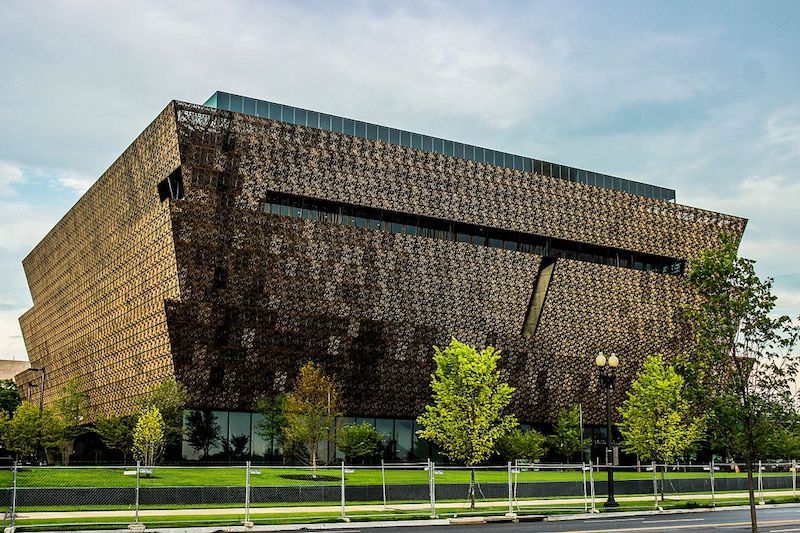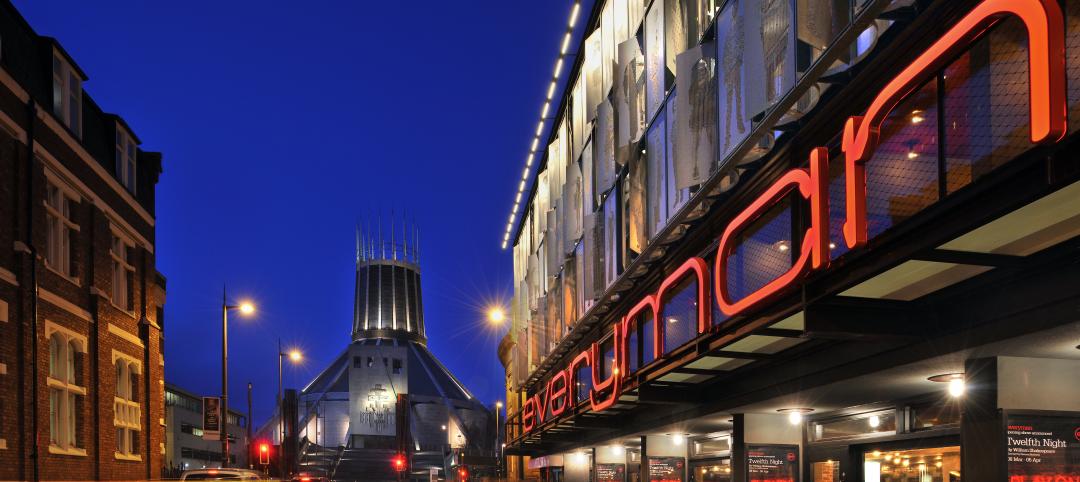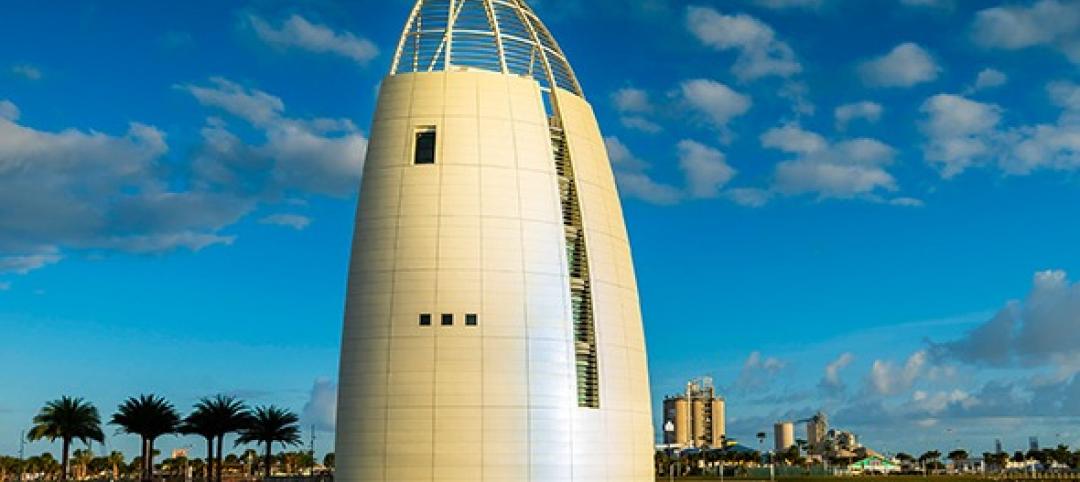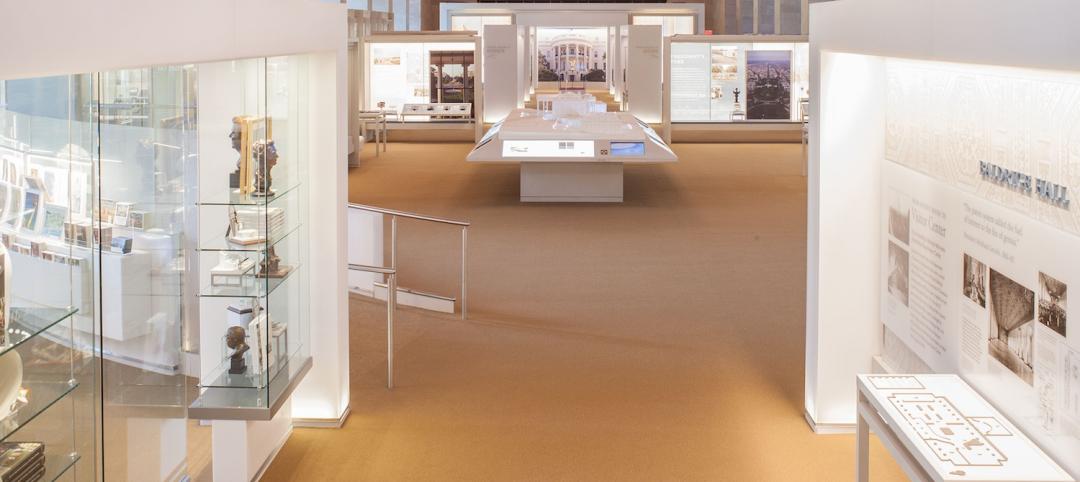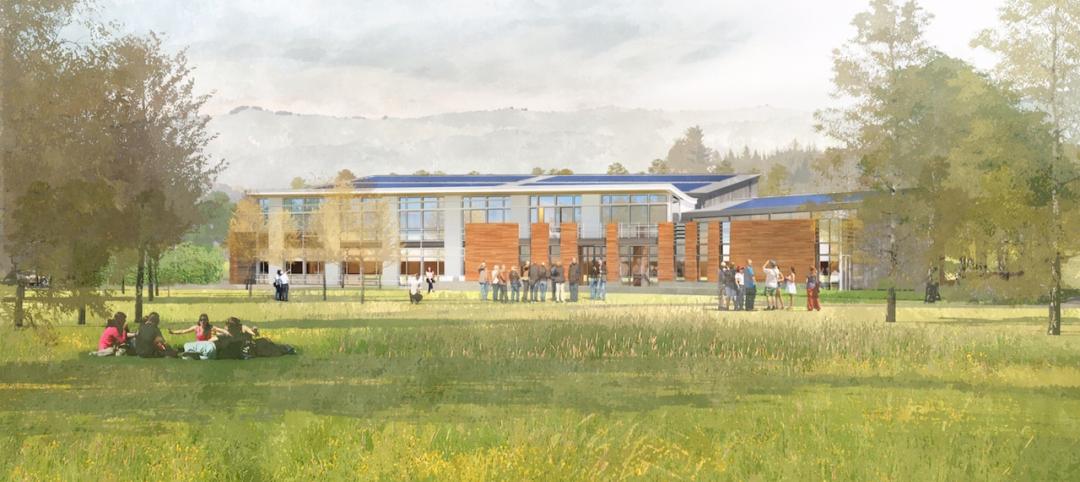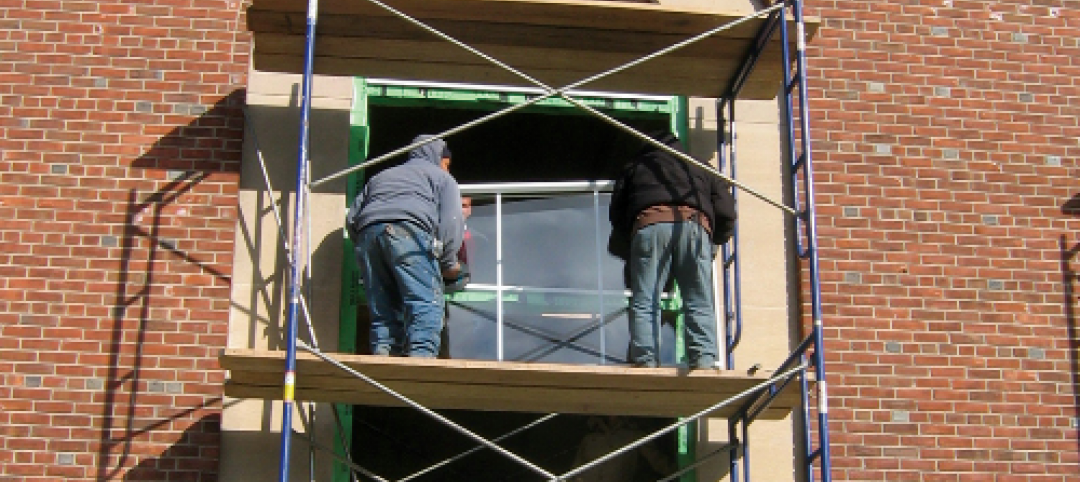A recent story in the Birmingham (Ala.) Business Journal reported that so many local nonprofit organizations are competing for private capital to fund their building projects that there might not be enough money to go around. Among those projects is a new $25 million, 4.1-acre headquarters campus for the Salvation Army. Phase 1 of that construction—which includes a renovation of a former elementary school—is being funded by a campaign that raised more than $15 million, including $1 million pledged by Jim Gorrie, CEO of Brasfield & Gorrie, the GC on this project.
Birmingham is among the metros reaping the benefits of a spurt in nonprofit building. A recent article posted on the website of The NonProfit Times singles out several major capital campaigns to finance new construction of museums, hospitals, theaters, and other venues, at a time when contributions from local, state, and federal governments, while still essential to many organizations’ building strategies, aren’t as certain or steady as they once might have been.
Leading this charge has been The Smithsonian, which in October 2014 launched its first-ever fundraising campaign, with a goal of raising $1.5 billion, the largest ever for any cultural institution. (About $1 billion had been pledged even before the campaign officially got rolling.)
A portion of the $540 million 400,000-sf National Museum of African-American History and Culture, which opened in September, was financed by private donations. Most of the Smithsonian’s exhibits and programs are privately funded. And about 40% of the institution’s salaries and maintenance are defrayed by donors, compared to 30% prior to its initiating the fundraising campaign.
The NonProfitTimes also points to the American Museum of Natural History in New York, which has offset a decline in income from investments by contributions that rose to $160 million in 2015, from $78 million the previous year, mostly from a handful of major donations.
This museum is currently adding to its Rose Center for Earth and Space with a $325 million, six-story, 218,000-sf Richard Gilder Center for Science, Education, and Innovation, scheduled for completion in 2019. The 84-year-old financier and philanthropist Richard Gilder contributed $50 million to this project, the largest single donation in the museum’s history.
New York City kicked in $15 million for this addition. The city is also playing a financing role in other cultural construction projects, such as the 57,500-sf “Ocean Wonders: Sharks!” exhibit in Coney Island. The city made a “major gift” to the Harlem Children’s Zone, which in 2015—the first year of its capital campaign—raised $193 million, versus $78 million in 2014.
The Task Force for Global Health, a nonprofit health organization in Decatur, Ga., is working with DeKalb County to acquire a six-story government building that would triple the square footage of this organization’s existing headquarters. The Task Force will soon launch a $15 million capital campaign to pay for the $12 million purchase and renovating the building.
Related Stories
| Oct 20, 2014
UK's best new building: Everyman Theatre wins RIBA Stirling Prize 2014
The new Everyman Theatre in Liverpool by Haworth Tompkins has won the coveted RIBA Stirling Prize 2014 for the best building of the year. Now in its 19th year, the RIBA Stirling Prize is the UK’s most prestigious architecture prize.
Sponsored | | Oct 19, 2014
The Exploration Tower in Port Canaveral dazzles visitors
With a mission to provide the experience of a lifetime, the Exploration Tower at Port Canaveral, Fla., is designed to inspire, as visitors learn about the history and nature of the port and beyond. SPONSORED CONTENT
| Oct 19, 2014
White House Visitor Center reopens in Washington, D.C.
Designed by SmithGroupJJR and Gallagher & Associates, renovated center shows public its unique role as office, stage, museum, park, and home.
| Oct 17, 2014
OMA, OLIN design unanimously chosen for D.C. elevated park
In the design, the ends of the bridge are pulled upward to form an "X" shape. It allows ample room for add-ons such as a cafe and performance space, in addition to open space for plazas, lawns, and urban agriculture plots.
| Oct 16, 2014
Perkins+Will white paper examines alternatives to flame retardant building materials
The white paper includes a list of 193 flame retardants, including 29 discovered in building and household products, 50 found in the indoor environment, and 33 in human blood, milk, and tissues.
| Oct 16, 2014
Rocky Mountain Institute breaks ground on net-zero Innovation Center
Encompassing the Rocky Mountain Institute’s 32 years of innovation, the new 15,610 square-foot facility will exhibit the principles of integrative design and energy and resource efficiency.
| Oct 15, 2014
Harvard launches ‘design-centric’ center for green buildings and cities
The impetus behind Harvard's Center for Green Buildings and Cities is what the design school’s dean, Mohsen Mostafavi, describes as a “rapidly urbanizing global economy,” in which cities are building new structures “on a massive scale.”
| Oct 15, 2014
First look: Blueprint revealed for proposed High Line project in Queens
Yet another High Line-esque project has been proposed, this time in Queens. A blueprint has been developed for a 3.5-mile stretch of abandoned railroad tracks, which would connect Rego Park to Ozone Park with a walkway and bike path.
| Oct 14, 2014
Proven 6-step approach to treating historic windows
This course provides step-by-step prescriptive advice to architects, engineers, and contractors on when it makes sense to repair or rehabilitate existing windows, and when they should advise their building owner clients to consider replacement.
| Oct 12, 2014
AIA 2030 commitment: Five years on, are we any closer to net-zero?
This year marks the fifth anniversary of the American Institute of Architects’ effort to have architecture firms voluntarily pledge net-zero energy design for all their buildings by 2030.


